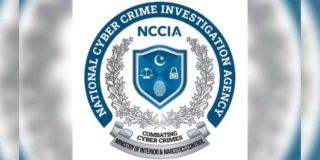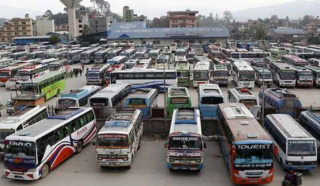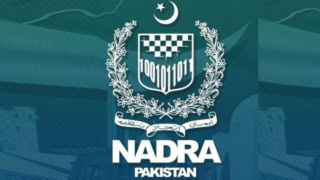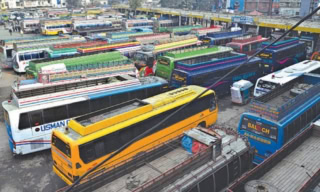Pakistan’s Internet Slowdown Persists Despite Installation of World’s Largest Submarine Cable
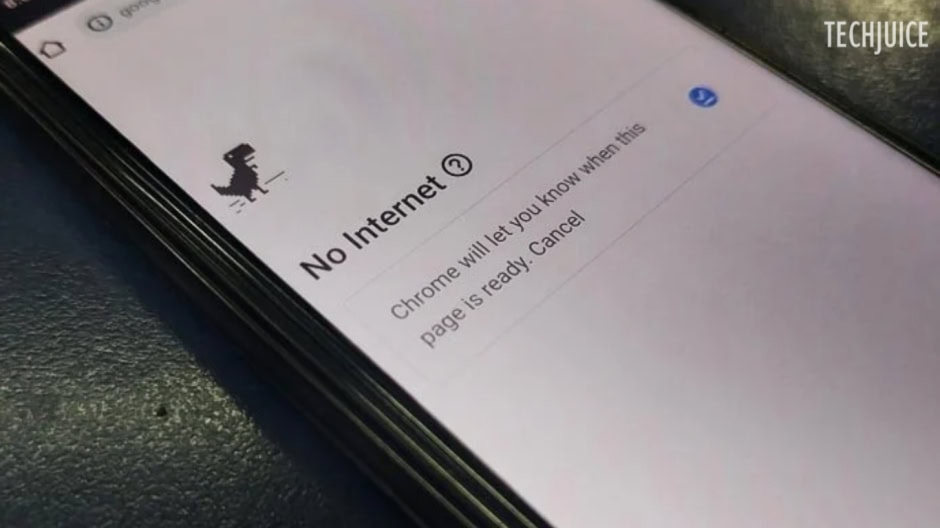
Internet users across various cities in Pakistan continue to experience slow connectivity, particularly during peak hours, two weeks after a fault was detected in the submarine cable AAA-1 near Qatar. Some users are experiencing slowing down with social media apps and web browsing, raising concerns about the reliability of these services.
A spokesperson for Pakistan Telecommunication Company Limited (PTCL) told TechJuice that internet traffic has been diverted to an alternative route to mitigate disruptions. Additional bandwidth has been procured to ensure normal internet connectivity. The spokesperson assured that internet services are operating as expected most of the time, although users can experience some level of lagging during times of heavy usage.
The fault, located near Qatar, was first identified on January 2, 2025. Subsequently, initiatives to restore the submarine cable have been spearheaded by an international consortium. The spokesperson affirmed that efforts are currently in progress to address the issue.
While browsing speeds are expected to remain unaffected, users have been advised to anticipate occasional delays in accessing social media platforms until the cable fault is resolved. So far, no definitive timeline on restoration has been communicated by local authorities.
Meanwhile, the Pakistan Telecommunication Authority (PTA) has disclosed that the problem of communicating poor internet services across the country has been addressed with the inclusion of a temporary bandwidth in the system. This authority affirmed that it had normalized Internet services after the disturbance due to the AAE-1 submarine cable fault.
Despite these efforts, users continue to report slow internet speeds, particularly during peak hours. The PTA has advised users to anticipate occasional delays in accessing social media platforms until the cable fault is resolved.
Sharing clear, practical insights on tech, lifestyle, and business. Always curious and eager to connect with readers.


 2 min read
2 min read
